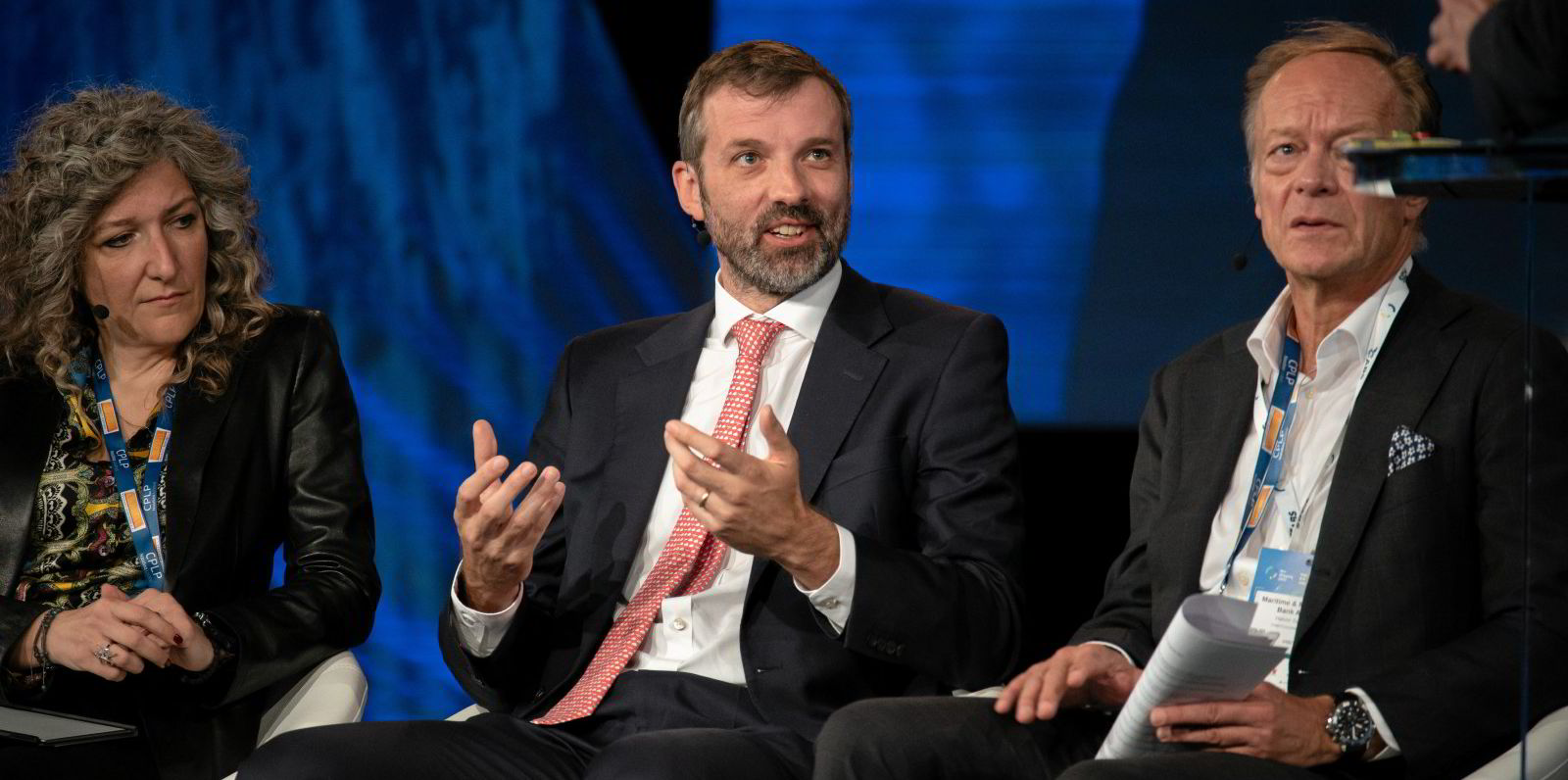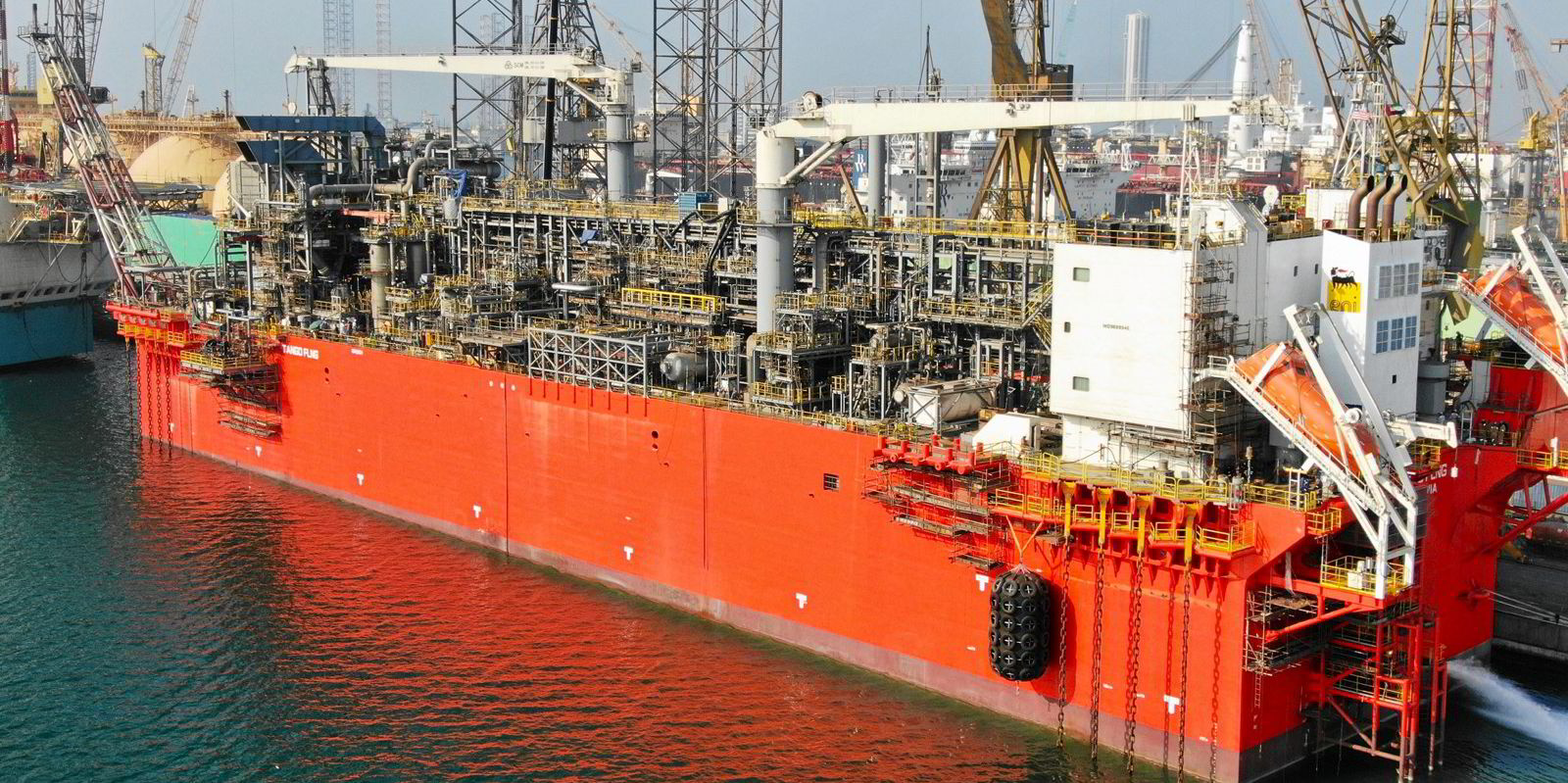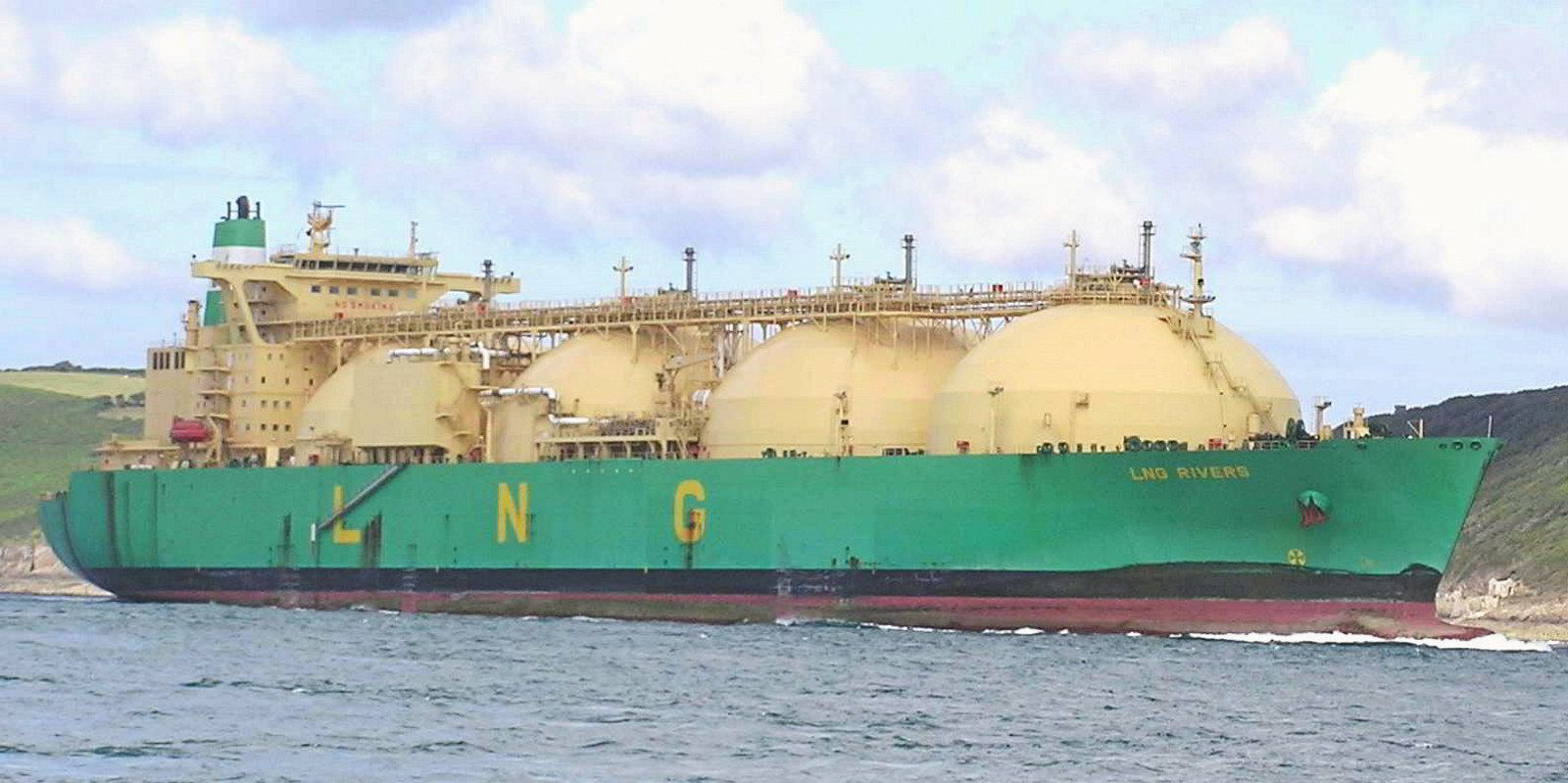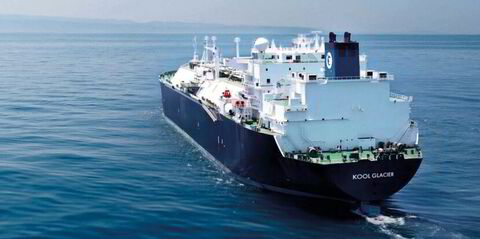Cool Company raked in more revenue in the third quarter, but operating and financial expenses dragged on its bottom line.
The Idan Ofer-backed LNG carrier owner did, however, stay profitable in the third quarter, earning $39.2m in net income, with daily average time charter equivalent rates hitting $82,400 per day.
“In the third quarter, we benefited from strong operational performance, a seasonal uplift on our variable rate contract and the fleet’s fixed-rate, medium and long-term charter coverage,” chief executive Richard Tyrrell said in the earnings statement.
For the three months to 30 September, CoolCo earned $92.9m in total operating revenue, up from $65.8m in the same period last year.
But operating expenses jumped to $44.6m, up from $29.4m year-over-year as financial income of $489,000 flipped to expenses of $9.1m.
In total, profit was up from $36.8m in the third quarter of 2022, but down from the $44.6m earned in the second quarter of this year.
Adjusted Ebitda came in at $62.8m, up from $42.4m in the same period last year, but below expectations, according to DNB Markets analyst Jorgen Lian: the consensus estimate was $65.2m and DNB’s forecast was $66.5m.
“The underlying Ebitda miss stems from higher operating expenses, while the miss on net income was exacerbated by higher realised net financials,” Lian said, but he noted that the $0.41 per share dividend was supportive of his NOK 190 ($17.84) price target.
Confidence for the fourth quarter
Tyrrell said the fourth quarter has seen rates “at levels above historic norms for both the industry and for the CoolCo fleet” at $167,500 per day for tri-fuel diesel-electric vessels.
He noted there has been weak chartering activity for the typically strong northern hemisphere winter market so far.
“But with the continued absence of Europe’s traditional supply backstop from Russian pipeline gas and few vessels currently employed as floating storage, the potential for weather events to produce volatility, and thus demand for LNG carriers, is heightened,” he said.
“Ultimately, energy security remains a top priority for many LNG importing nations, and we expect European demand to remain strong and Asian demand to continue its recovery.”





